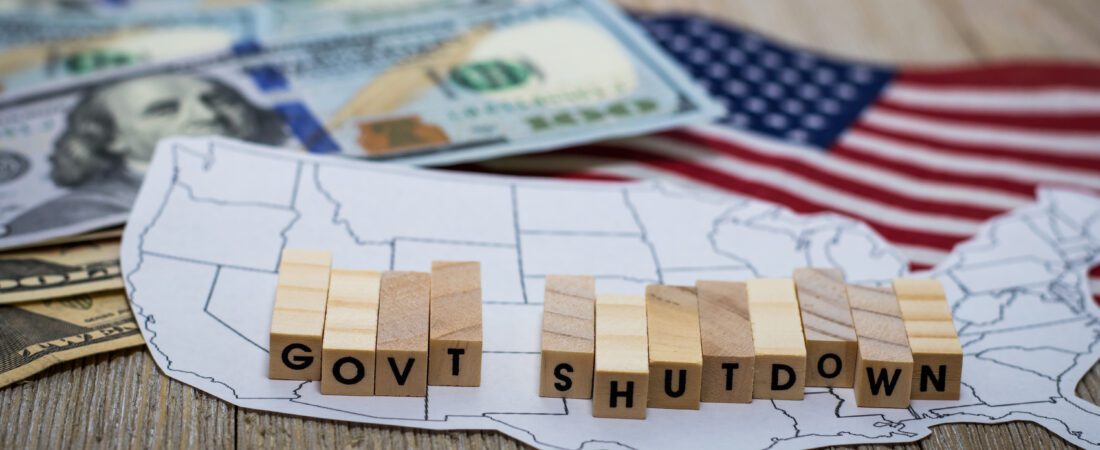Impact of U.S. Government Shutdown on Bitcoin and Ethereum: What Crypto Investors Need to Know


A potential U.S. government shutdown has sparked intense debate about its impact on the crypto market, particularly for Bitcoin and Ethereum. The situation is complex, but several key factors are shaping this relationship.
When the government shuts down, many federal agencies, including financial regulators like the SEC and CFTC, suspend non-essential activity. This tends to delay decisions on cryptocurrency regulations and ETF approvals, which creates uncertainty. Investors become more risk-averse, especially in the absence of fresh economic data such as payroll and inflation numbers. This lack of transparency can lead to higher volatility in crypto prices as markets try to navigate without the usual guidance.
Yet, this uncertainty may actually benefit cryptocurrencies in the short term. Bitcoin and other digital assets are often viewed as “safe-haven” assets—alternatives to traditional financial systems, especially when faith in government stability is shaken. As seen recently, Bitcoin’s price surged from $114,000 to nearly $119,000, and Ethereum rebounded above $4,200. These moves reflect increased demand for assets not tied directly to government fiscal or monetary policy. Inflows into spot Bitcoin ETFs reached $430 million while traditional equities trading remained subdued. These trends suggest that some investors see Bitcoin as a hedge against political and economic unpredictability.
Historically, though, the effects of a government shutdown on crypto prices are mixed. During the 2018 shutdown, Bitcoin fell by about 9%, though that period was also marked by broader regulatory clampdowns and market downturns. This time, analysts point to different dynamics: the possibility of delayed economic data could push the Federal Reserve to consider further interest rate cuts or monetary easing, which typically benefits risk assets like Bitcoin. Expectations of lower yields and a weaker dollar may also encourage more investment into crypto as an alternative store of value.
Nevertheless, there are risks. If the shutdown drags on, the negative economic impact could outweigh any short-term enthusiasm, and past performance shows that crypto markets can also suffer during prolonged budget standoffs.
In summary, while a government shutdown injects uncertainty and could boost crypto prices in the short run—thanks to increased safe-haven demand and expectations of looser monetary policy—the outcome is far from guaranteed. Crypto investors should be mindful of rapid swings and watch developments closely, as both regulatory decisions and shifts in economic policy could quickly reverse any gains.

Leave a Comment